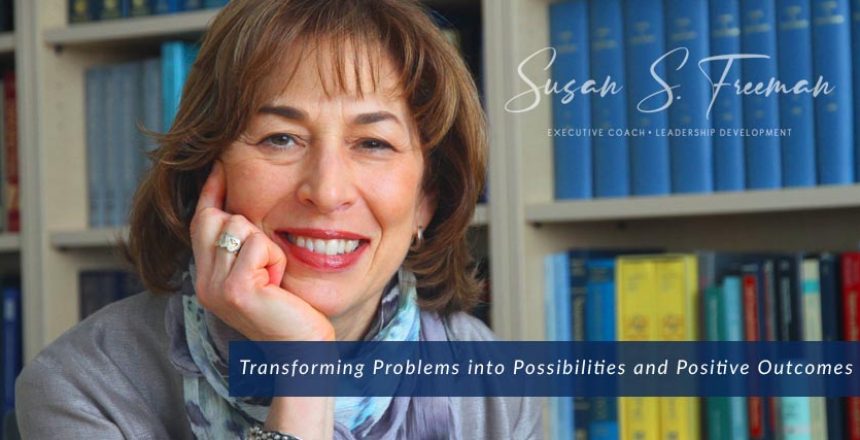This is the second in a four-part series of material I developed and presented at a recent panel that explored Women’s Leadership. Entitled “Education for a Changing Planet. This was the first Summit convened by The Akilah Institute, an organization to which I have been deeply committed for a decade. For more information on this extraordinary entrepreneurial story that is changing education and economic empowerment on the planet, visit their website. To read part I of the series, click here.
Part II: Research shows 3 actions to support women’s access to leadership:
- Educate women and men about second-generation gender bias; often embedded in organizational practices hard to detect. Focus on small wins approach to change…. i.e. have clear criteria for developmental assignments, be clear about how high potential was evaluated, and be clear about what experiences increase a person’s potential.
- Create safe “identity workspaces” to support transitions to bigger roles; coaching relationship, women’s leadership program; peer support groups, or all three—in which women can develop their own interpretations about who they are and who they want to become.
- Anchor women’s development efforts in a sense of purpose, rather than in how women are perceived; helps women take up activities that are critical to their success.

KPMG, one of the world’s leading professional service firms conducted a Women’s leadership Study in 2015. They interviewed over 3000 professional and college age women.
They learned that key influences on women in leadership included:
- Socialization of early childhood lessons; seeing themselves as “smart” growing up, and having academic challenges.
- Confidence, positive role models and strong professional networks.
- Commitment to move women forward at work; praise and recognition for their achievements
When asked what training and development skills were needed to help move more women into leadership roles in the future, professional working women cited:
- leadership training (57%),
- confidence building (56%),
- decision-making (48%),
- networking (47%),
- and critical thinking (46%)
Professional working women believe it is critical for companies to:
- support a woman’s development in her twenties (80%).
- career advancement in her thirties (61%).
Companies will be instrumental in helping aspiring leaders advance, but women are eager to do their part, too. They realize what they do today impacts future generations of working women:
- 86% of women report when they see more women in leadership, they are encouraged they can get there themselves.
- 83% of working women know the steps they take in business today will help set the stage for future generations of women in business.
- 76% of working women plan to personally take active steps to help other women advance in their careers
In school, research suggests that single-sex education may still be beneficial to women in ways that co-education is not.
- Women’s colleges encourage students to pursue non-traditional career paths.
- Offer more female role models and mentoring opportunities.
- Provide more leadership experiences on campus and cultivate generally supportive campus environments in which students develop social and academic self-confidence
- Presence of female faculty
Co-ed schools may do well to look at successful single-sex school models for increasing women’s leadership to ensure they are not inadvertently bringing gender bias into the culture
Institutions such as Akilah offer all the critical cultural factors for young women to succeed! Special importance is given to students cultivating their sense of purpose by pursuing goals that align with their values and advance the collective good. Sustainability for the earth is a pillar of this educational experience. This is exactly what the research shows is required!
Davis College offers the opportunity to take a model that has been successful at developing leadership competencies in women, and expanding to men, bringing them into the conversation, to become more thoughtful, visionary, and effective at working with women, and seeing them as co-equals.

